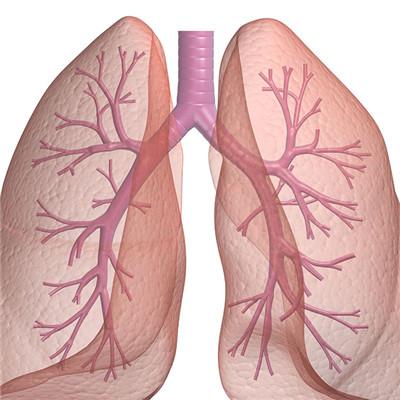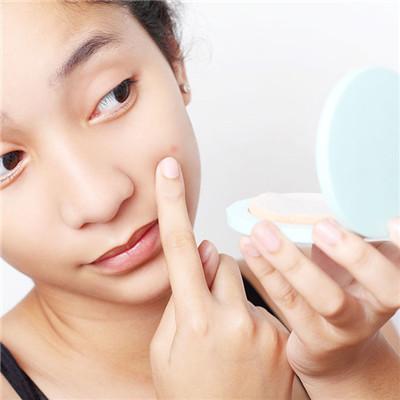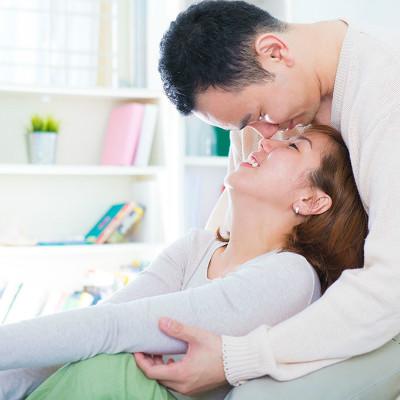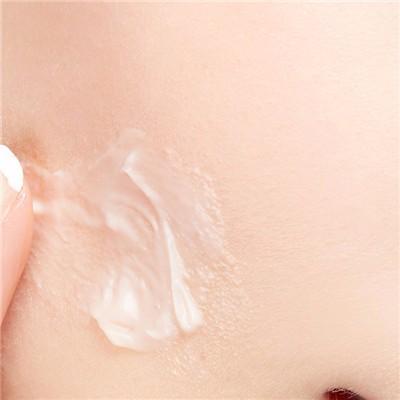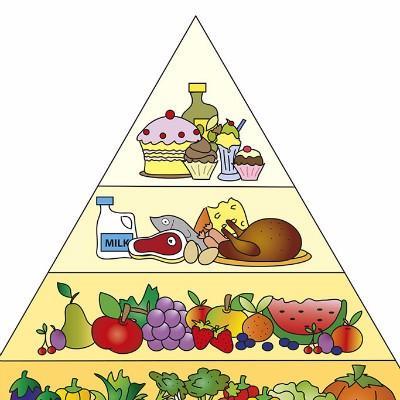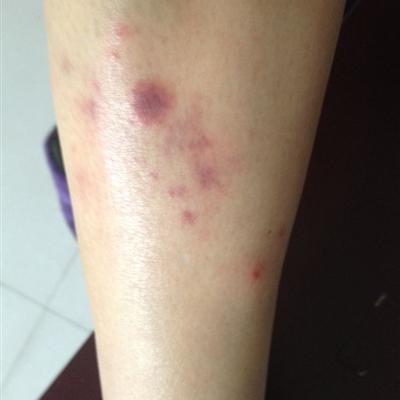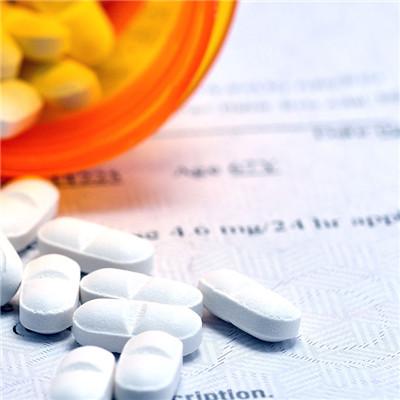Early symptoms of Henoch Schonlein purpura?
summary
Allergic purpura is also known as hemorrhagic capillary poisoning or Henoch Schnlein syndrome. It is a common capillary allergic disease. The main pathological basis is extensive capillary vasculitis. The main clinical manifestations are skin purpura, gastrointestinal mucosal bleeding, joint swelling, pain and nephritis. A few patients also have angioneurotic edema. Early symptoms of Henoch Schonlein purpura? Let's talk about it
Early symptoms of Henoch Schonlein purpura?
Clinically, it is called articular type. The joint may have slight pain to obvious redness, swelling, pain and movement disorder, may have single or multiple, wandering joint swelling, pain or arthritis, sometimes local tenderness, lesions often involve large joints, knee, ankle, elbow, wrist and other joints are common, can be wandering, often mistaken for "rheumatism". Mainly around the joint lesions, can be repeated attacks, but do not leave joint deformity.
Skin purpura: the general term for the color change of skin and mucous membrane after bleeding. The clinical manifestations are bleeding point, purpura and ecchymosis, which are generally not higher than the skin surface. Only when allergic purpura occurs, it can be slightly uplifted. At the beginning, it is purplish red and does not fade, then it gradually becomes shallow, and it turns yellow and subsides in about two weeks.
About 2 / 3 of the patients may have abdominal pain due to bloody fluid infiltrating into the intestinal wall. Abdominal pain often presents as colic, mostly in the right lower abdomen and around the umbilicus, and also throughout the whole abdomen. However, abdominal muscle tension rarely occurs, accompanied by nausea, vomiting, bloody stool and mucoid stool. Irregular intestinal peristalsis can also lead to intestinal intussusception, which is common in children. For example, abdominal symptoms are not accompanied by purpura, and are often misdiagnosed as "acute abdomen". The abdominal symptomatic type is also called Henoch type. It is clinically called abdominal type.
matters needing attention
1) Prevention of various infections, such as bacteria, viruses, parasites and other infections. Active prevention and treatment of upper respiratory tract infection. 2) The diet has the festival; 3) Adjust emotions, keep the mood relaxed and happy. 4) Often take part in physical exercise, strengthen physique, prevent cold; 5) The focus of infection should be removed to prevent upper respiratory tract infection;


